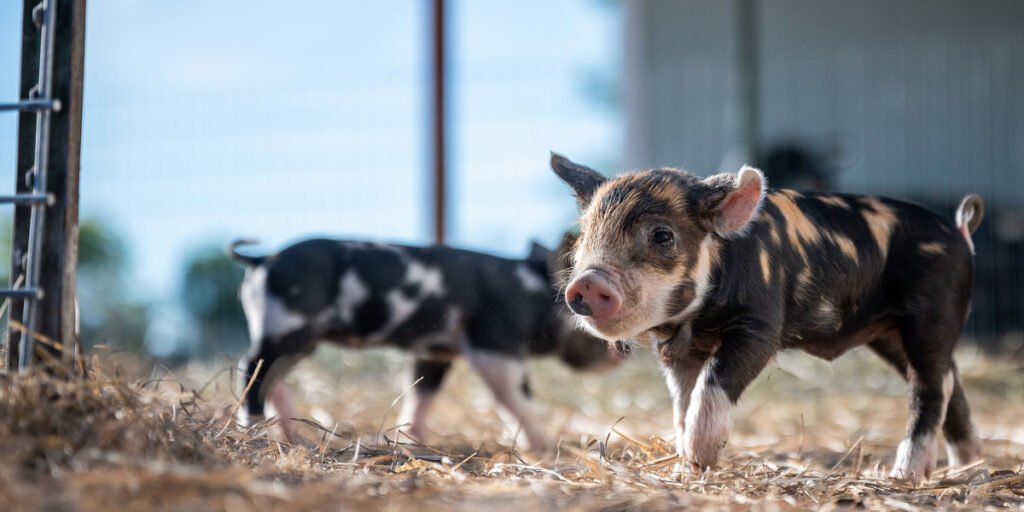Uses for lysine in animals include farm animal food supplements, therapeutic protocols and topical applications. Lysine fights viruses and is used against herpes. It is also the most important amino acid for monogastric animals, including pigs, dogs, cats and chickens. As such, it is sometimes used to enhance farm animal feed.
What is lysine?
Lysine is one of the amino acids that are known as the building blocks of protein. Because the body cannot make lysine, it is considered an essential amino acid and must be obtained through the diet. Lysine plays a role in growth and in the production of carnitine, which converts fat into energy and helps to lower cholesterol. It also helps in the absorption of calcium and the production of collagen. Collagen is responsible for maintaining healthy skin, bones, cartilage and tissues. A diet containing sufficient protein should provide adequate protein; however, animals with inadequate diets, certain injuries or diseases may benefit from lysine supplements.
For farm animal feed
In the late 1980s, industry began adding lysine to farm animal feeds. Rising costs, increased demand for meat and changing feeding regimes led to the use of more lysine supplements in farm animal feeds. Adding lysine to their feeds allows farmers to use lower cost feeds, such as maize, and still maintain the growth rates and subsequent protein levels their livestock require. This is because lysine helps convert this food into useful protein for the body.
Therapeutic uses
Lysine also has a number of therapeutic uses. It prevents the growth of the herpes virus and can reduce the severity, healing time and recurrence of the virus. Animal forms of herpes include rhinopneumonia, rhinotracheitis virus and feline herpesvirus type 1, which is a common cause of respiratory infections in cats. In dogs, it is known as canine herpesvirus, which may not cause symptoms in affected adult dogs but is a major cause of death in newborn puppies.
Dosage and contraindications
Lysine is given in capsule, tablet or liquid form and applied topically as a cream. The dose is appropriate for the body weight of the animal. The dose studied reflects 12 mg per kg body weight, applied as a cream every two hours for up to 11 days. Long-term use can lead to gallstones or kidney problems and supplements should not be continued for more than one year. As lysine increases calcium absorption, monitor the dietary calcium levels of your animals. Consult a veterinary nutritionist before starting to feed animals with lysine.


